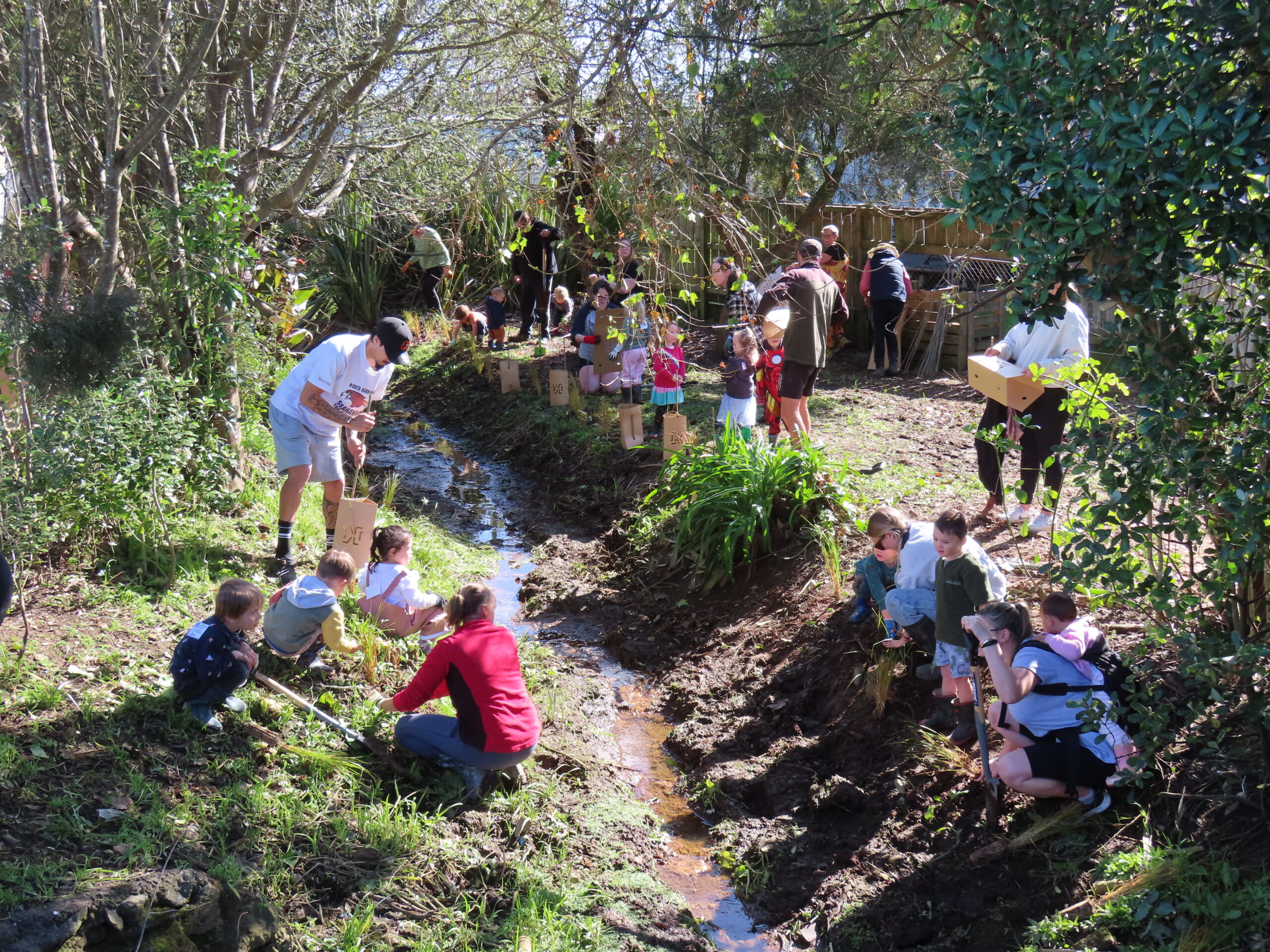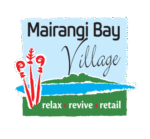In February, the third of Browns Bay’s five banks closed its branch doors for the last time. ANZ’s decision followed similar moves by ASB and Kiwibank. At this stage, a spokesperson for Westpac NZ confirms that its branch closure is not permanent. “Our Browns Bay branch is currently temporarily closed along with a small number of other branches as part of our Covid-19 response, and we will keep the community updated on reopening plans in the future.”
Since 2010, Aotearoa New Zealand’s big five banks have closed more than 500 branches. A significant proportion of these – along with the decommissioning of hundreds of ATMs – have occurred since Covid restrictions began in March 2020. Indeed, KPMG’s 2020 review of banks confirmed the demise of 84 branches and 249 ATMs in that one year alone.
These closures come at the same time as the phasing out of cheques, and the Reserve Bank of New Zealand (RBNZ) consulting on the overall future of cash, the results of which are due to be released before the end of April. Speaking to RNZ’s Morning Report in November 2021, RBNZ’s assistant governor Christian Hawkesby said: “What we’re seeing is that the vast majority of people want to use electronics as their primary payments, but there are still pockets of society that are very reliant on cash. These communities include the elderly, the young, parts of the Māori community, and those that are isolated.”
Research by RBNZ found that 75 per cent of Kiwis carry an amount of cash with them. In a statement that will undoubtedly come as a relief for many people, the assistant governor affirmed that the goal is to ensure cash is available for as long as it is required. “In times of uncertainty, people seek the security of cash – knowing money can be withdrawn from bank accounts into cash provides confidence that money in bank accounts is safe too.”
Online banking – the challenges and benefits
Like it or not, online banking is very much here to stay, and it’s not only non-techy types who struggle to get to grips with these processes. Neuro-diverse people (those living with conditions like dyslexia or dyscalculia) can also find it challenging. And while smartphones seem to be extensions of millennials’ and Gen Z’s arms, other generations might find them rather more baffling.
Digital transactions can feel so vague and impersonal, like a click into the ether. But is that really the case?
When the appropriate protocols are followed, online banking is secure and efficient. Westpac NZ acknowledges customers’ potential reluctance: “We empathise with our older customers who have used cheques for many years, and we know adjusting to change can take some time. We’ve been working hard with cheque users over the past 18 months to help them adopt new forms of payment, which can be safer, faster, and more convenient.”
The perceived issue of security – or lack thereof – is an important one. It may have felt safe to handwrite and sign a cheque, but in terms of the potential for fraud, the risks were high. Think about it. You’re handing a ton of personal information, including your signature, to someone else, who could be a complete stranger. That risk would increase if the cheque were simply made out to “cash”, as anyone could’ve picked it up and cashed it in. Similarly, reading a credit card number to someone over the phone is open to error or abuse. For example, if a dishonest person overhears the call and takes a note of the details.
Westpac NZ adds: “We’ve proactively contacted regular cheque users, and our digital ambassador Judy Bailey has travelled the country talking to older customers about their banking. We also work closely with SeniorNet to offer free face-to-face workshops to teach older New Zealanders about digital banking and staying safe online.”
ShoreLines spoke with Tony Fowley, the chair of SeniorNet Glenfield (the closest location to the East Coast Bays). Tony’s also one of the tutors there and says that, although online banking workshops have indeed been offered, there has been very little uptake, possibly because SeniorNet’s members are already motivated to use the Internet. Even when SeniorNet Glenfield takes its workshops “on the road” and visits retirement villages, interest in online banking tuition is minimal. Perhaps this is because living as part of a community means that there is always someone to ask for help? Tony’s concern, therefore, is for more isolated seniors, like those who live alone or don’t have younger relatives to give them a smartphone and show them how it works.
Could banking hubs be a viable ‘halfway house’?
The New Zealand Bankers’ Association (NZBA) ran a pilot scheme with six banks (ANZ, ASB, BNZ, Kiwibank, TSB, and Westpac) to set up banking hubs in four small-town locations around New Zealand. These hubs offered an ATM, telephone banking, and tablets for Internet banking, with staff on hand to help customers use the services. When Deputy PM and Finance Minister Grant Robertson visited the Martinborough hub, he commented, “It’s not economic for the banks to keep branches open absolutely everywhere. So, rather than nothing, we have the possibility of a hub like this.”
The hubs did attract some criticism, though. Staff weren’t able to advise on banking products, like loans or investments, and change wasn’t available for local businesses. On the flip side, mayors from some rural communities, including the Far North, were crying out for hubs to come to their regions.
So, it would appear that, as with so many factors of life in 2022, only time will tell what the longer-term social and economic impact of bank closures will be, and how the government, banking institutions, and New Zealanders will have to adapt.
ShoreLines also approached BNZ for comment, but this had not been forthcoming at the time of going to print.
How to stay safe online
All the banks are adamant that they will never send customers an e-mail or text message containing a link for you to confirm your details or log in. Scammers are sneaky; they’ll try to make their links look legitimate. The golden rule is: go to your bank’s app or website and log in that way, or phone your bank’s helpline. Most banks have a page on their website listing current scams of which they’re aware. They may even provide an e-mail address for you to report suspicious messages.
As well as the banks themselves, Age Concern is one of several organisations offering advice about how to stay safe online overall and avoid the dreaded scammers. Here are some of the tips:
- Never provide personal information over phone, text, e-mail, or unsecured websites
- Avoid public computers and Wi-Fi hotspots when accessing or providing personal information
- Update your computer operating systems when required
- Use secure and reputable online payment services, and look for URLs starting with “https”
- Use two-factor authentication (when you provide a second means of verifying your identity, such as a mobile number or e-mail address)
As for passwords, abc123 isn’t going to cut it. Make sure you use a different password for each website login. Create it from at least eight characters, with a random combination of symbols, uppercase and lowercase letters, and numerals.






